Choosing a dog is an important decision, and potential owners often consider factors such as size, temperament, and exercise needs. However, some breeds come with unique challenges that can make them difficult to manage, especially for first-time dog owners. These challenges can range from high energy levels and strong-willed personalities to specific health concerns or grooming requirements. Understanding the specific needs and characteristics of these breeds can help prospective owners make informed decisions and provide the best possible care for their canine companions. In this article, we explore the 12 most challenging dog breeds, highlighting why each breed is considered difficult and what owners can do to manage these challenges.
12. Akita
The Akita is a powerful and independent breed that is often described as dignified and aloof. Originally bred in Japan to hunt large game, such as bears and wild boar, Akitas are known for their strong protective instincts and loyalty to their families. However, their independence and strong-willed nature can make it challenging for them to train, especially for inexperienced owners. Akitas require consistent and firm leadership, as they can be stubborn and may not always respond to commands. Early socialization is crucial to prevent aggression toward strangers or other animals. Additionally, Akitas are prone to certain health issues, such as hip dysplasia and autoimmune disorders, which can require ongoing care. Despite these challenges, with the right training and socialization, Akitas can be loyal and devoted companions.
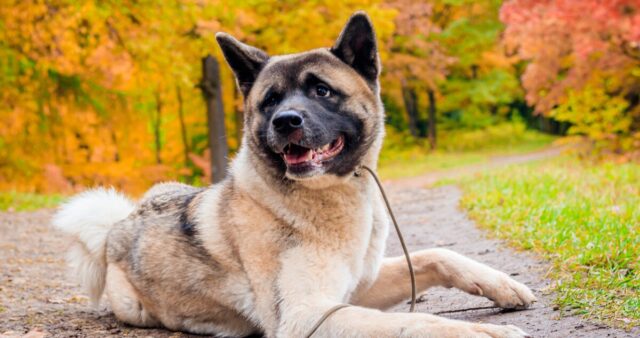
11. Afghan Hound
The Afghan Hound is a breed known for its elegant appearance and independent personality. With their long, flowing coats and regal demeanor, Afghan Hounds are often seen as the epitome of canine beauty. However, their independent nature can make it difficult for them to train, as they are not always eager to please their owners. Afghan Hounds are also known for their high prey drive, which means they may be prone to chasing small animals or even escaping from a fenced yard. Their long coat requires regular grooming to prevent matting and tangling, adding another layer of complexity to their care. Afghan Hounds are best suited for experienced dog owners who understand their unique temperament and grooming needs.
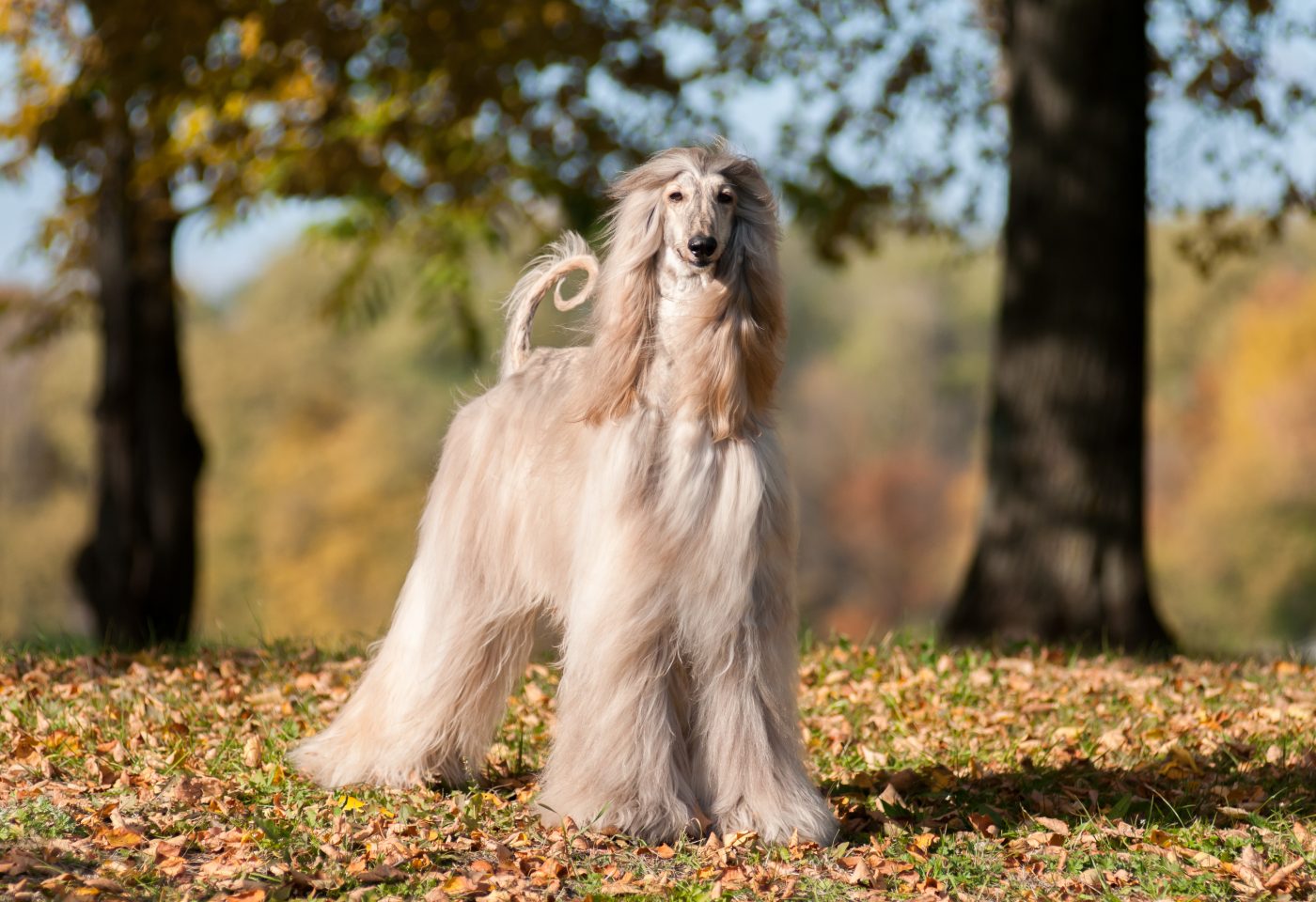
10. Belgian Malinois
The Belgian Malinois is a highly intelligent and energetic breed that is often used in police and military work due to its strong work ethic and trainability. However, this same drive and energy can make the Malinois a challenging breed for the average pet owner. Belgian Malinois require extensive physical and mental stimulation to prevent boredom, which can lead to destructive behavior. They are also known for their high prey drive and strong protective instincts, which can be difficult to manage without proper training and socialization. The Malinois thrives in environments where they have a job to do, making them best suited for experienced owners who can provide the necessary structure and outlets for their energy.
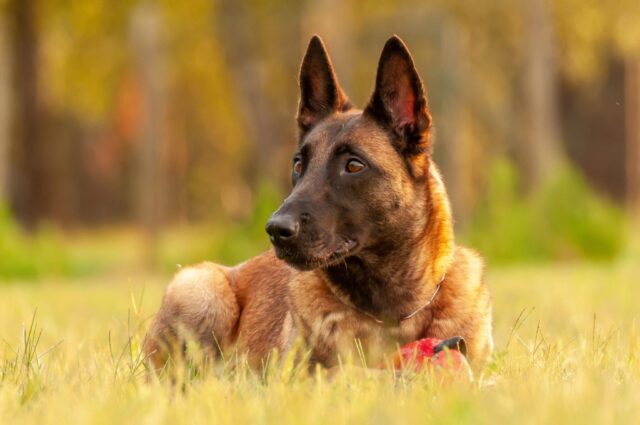
9. Basenji
The Basenji is a small, unique breed known for its intelligence and independence. Often referred to as the “barkless dog,” the Basenji makes a distinctive yodel-like sound instead of barking. This breed was originally bred in Africa for hunting and has a strong prey drive and a highly independent nature. Basenjis are known for their tendency to be stubborn and difficult to train, as they prefer to think for themselves rather than follow commands. They are also escape artists, known for their ability to climb fences or find ways out of secure areas. Basenjis require consistent training, mental stimulation, and a secure environment to thrive, making them a challenging breed for inexperienced owners.
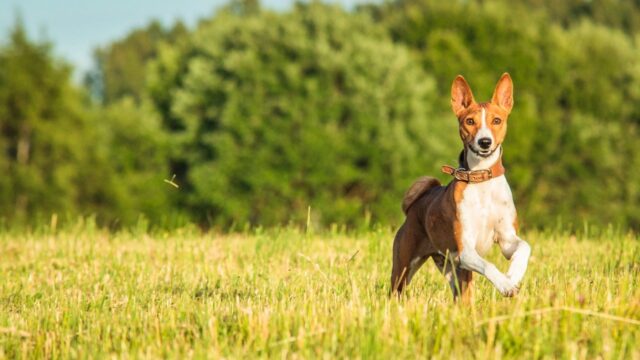
8. Chow Chow
The Chow Chow is a breed known for its lion-like appearance and aloof personality. Originally bred in China as a working dog, the Chow Chow is naturally independent and can be quite stubborn. This breed is known for being reserved with strangers, and without proper socialization, they can become overly protective or aggressive. Chow Chows require early and consistent training to ensure they are well-behaved and comfortable in various situations. Additionally, their thick double coat requires regular grooming to prevent matting and keep them comfortable. The combination of their aloof nature, stubbornness, and grooming needs makes the Chow Chow a challenging breed for many owners.
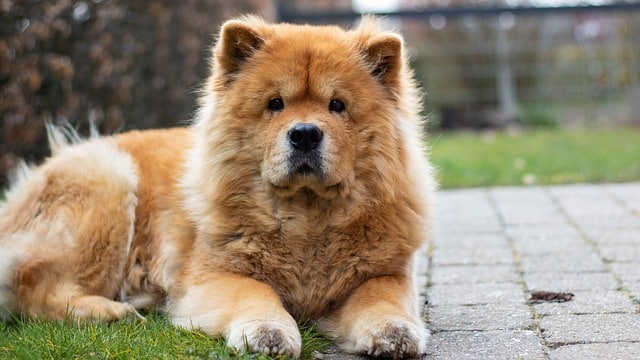
7. Jack Russell Terrier
The Jack Russell Terrier is a small breed with a big personality and boundless energy. Originally bred for hunting foxes, Jack Russells are known for their intelligence, independence, and strong prey drive. These traits, while admirable, can make them a handful for inexperienced owners. Jack Russells require significant physical and mental stimulation to keep them happy and prevent destructive behavior. They are also known for being stubborn and may not always respond well to commands. Their high energy levels and strong prey drive mean they need a secure environment and plenty of exercise. Jack Russells are best suited for active owners who can keep up with their energetic and spirited nature.
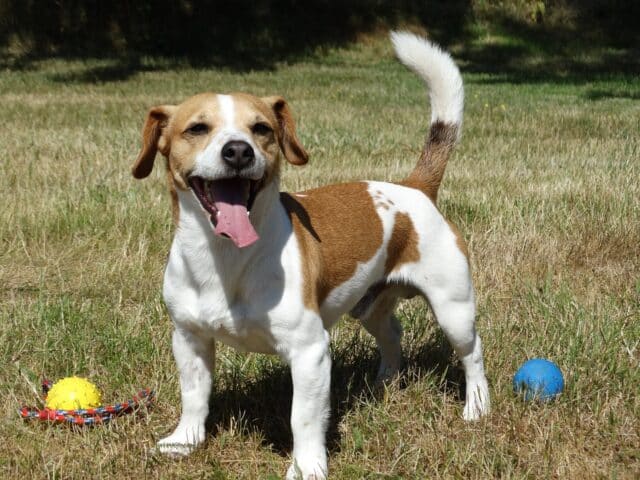
6. Tibetan Mastiff
The Tibetan Mastiff is a large, powerful breed known for its protective instincts and independent nature. Originally bred to guard livestock in the harsh climates of the Himalayas, Tibetan Mastiffs are naturally wary of strangers and can be fiercely protective of their families. This breed requires a confident and experienced owner who can provide firm leadership and consistent training. Tibetan Mastiffs are known for their independence and may not always be eager to please, making training a challenge. Additionally, their large size and strength can make them difficult to handle if not properly trained. Tibetan Mastiffs require early socialization and training to ensure they are well-behaved and manageable in various situations.
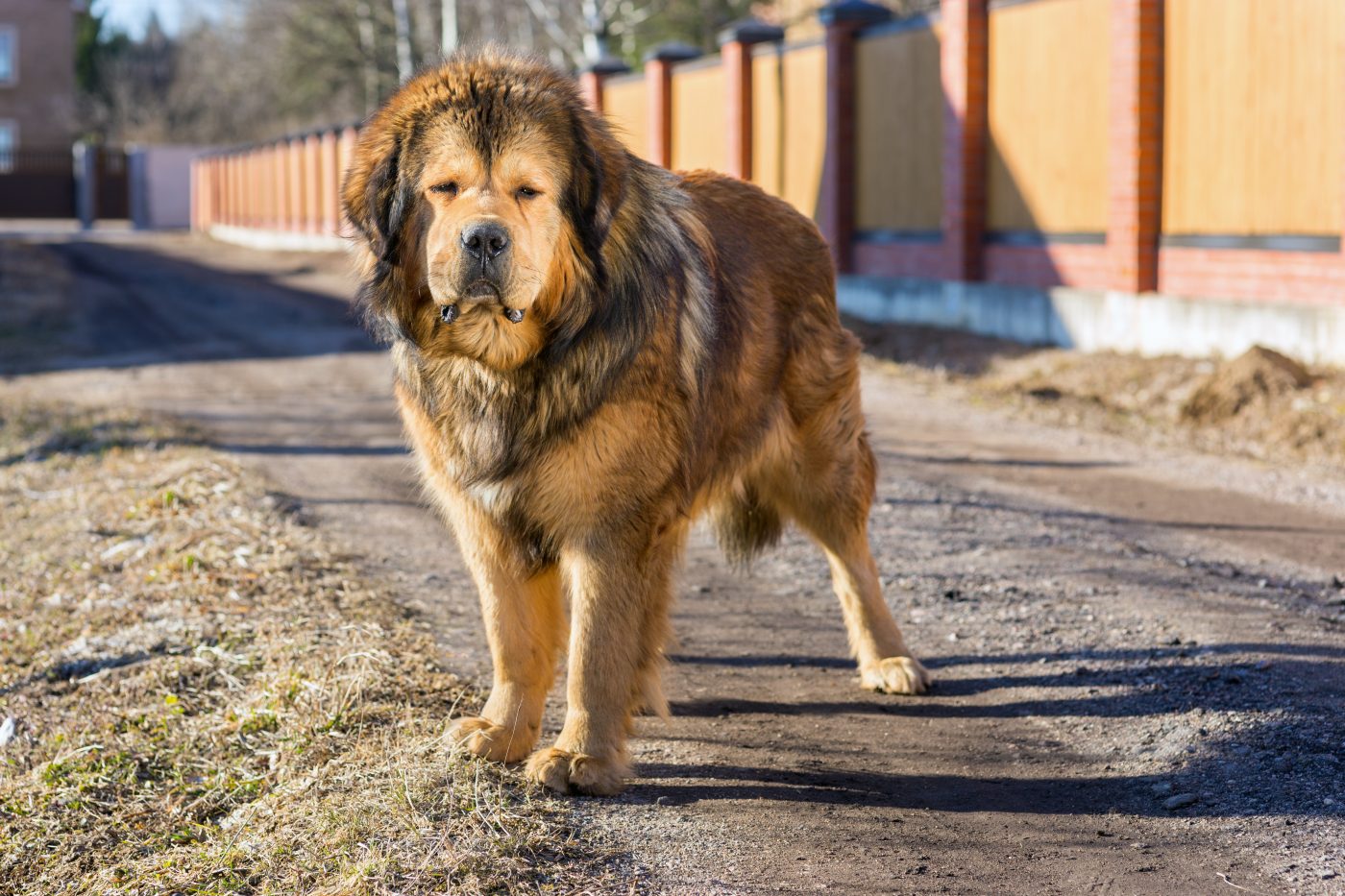
5. Weimaraner
The Weimaraner is a large, athletic breed known for its sleek appearance and boundless energy. Originally bred for hunting, Weimaraners have a strong prey drive and require significant physical and mental stimulation to keep them happy and well-behaved. Without enough exercise, Weimaraners can become bored and destructive, making them a challenging breed for owners who cannot meet their exercise needs. Weimaraners are also known for their intelligence and independence, which can make training a challenge if not approached with consistency and patience. They are best suited for active owners who can provide plenty of exercise and mental stimulation to keep them engaged and happy.
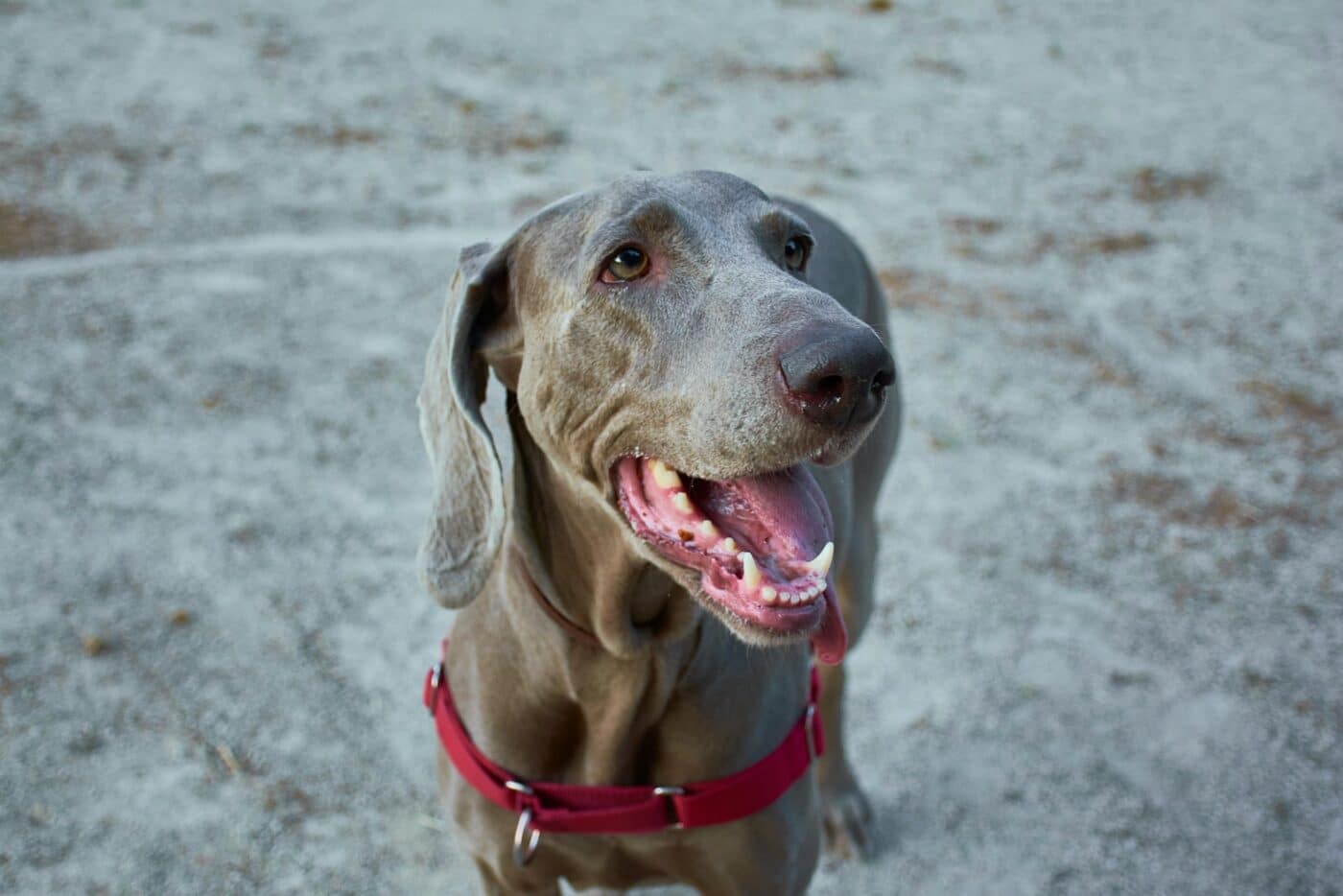
4. Bull Terrier
The Bull Terrier is a distinctive breed known for its egg-shaped head and playful personality. However, their strong-willed nature and high energy levels can make them a challenging breed for many owners. Bull Terriers are known for being stubborn and may not always respond well to commands, especially if they sense that their owner is not in control. They require consistent training and firm leadership to prevent behavioral issues. Bull Terriers are also prone to boredom and can become destructive if not given enough physical and mental stimulation. They are best suited for experienced owners who can provide the structure and exercise they need to thrive.
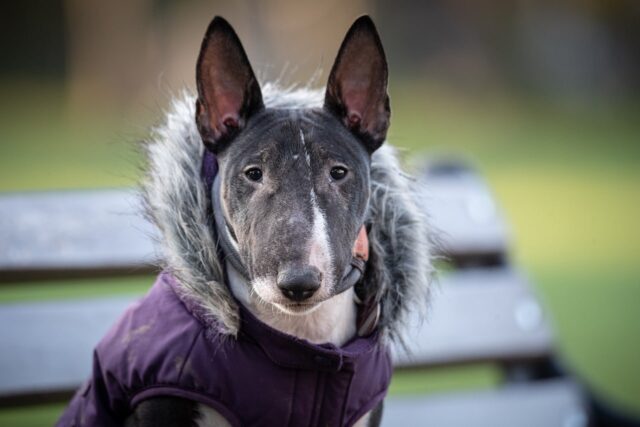
3. Catahoula Leopard Dog
The Catahoula Leopard Dog is a rare and versatile breed known for its distinctive coat and strong work ethic. Originally bred in Louisiana for herding and hunting, Catahoulas are highly intelligent and independent dogs with a strong prey drive. These traits, while beneficial in a working dog, can make them challenging for inexperienced owners. Catahoulas require significant physical and mental stimulation to prevent boredom and destructive behavior. They are also known for their strong-willed nature and may not always respond well to commands. Early socialization and consistent training are crucial to ensuring that a Catahoula Leopard Dog is well-behaved and manageable. This breed is best suited for experienced owners who can provide the necessary outlets for their energy and intelligence.
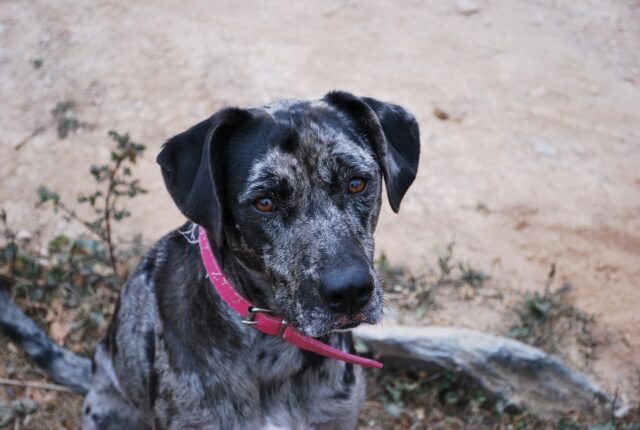
2. Shiba Inu
The Shiba Inu is a small, agile breed from Japan, known for its spirited personality and independent nature. Often described as “cat-like,” Shibas are known for being clean, quiet, and aloof. However, their independence and strong-willed nature can make them a challenging breed to train. Shibas are known for their tendency to be stubborn and may not always respond to commands, especially if they do not see the point. They are also known for their escape artist tendencies and require a secure environment to prevent them from running off. Shibas require consistent training, early socialization, and firm leadership to ensure they are well-behaved and manageable. They are best suited for experienced owners who understand their unique temperament.
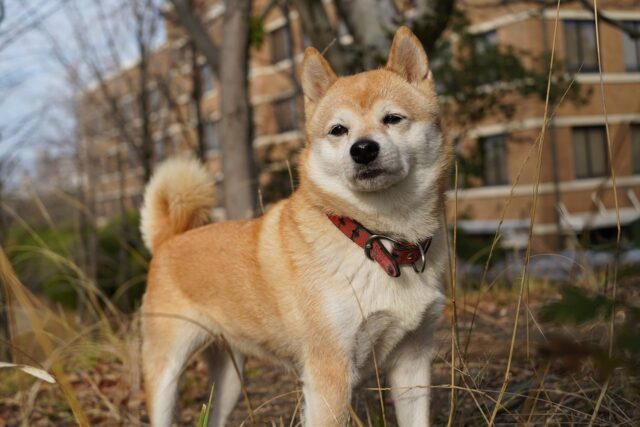
1. Alaskan Malamute
The Alaskan Malamute is a large, powerful breed known for its strength, endurance, and independence. Originally bred as a sled dog in the harsh climates of Alaska, Malamutes are known for their strong work ethic and ability to think independently. However, these traits can make them a challenging breed for many owners. Malamutes require significant physical exercise and mental stimulation to prevent boredom and destructive behavior. They are also known for their strong prey drive and may not always get along with smaller animals or other dogs. Additionally, Malamutes are known for their strong-willed nature and can be difficult to train if not approached with consistency and patience. Early socialization and firm leadership are crucial to ensuring that a Malamute is well-behaved and manageable. This breed is best suited for experienced owners who can provide the necessary outlets for their energy and intelligence.
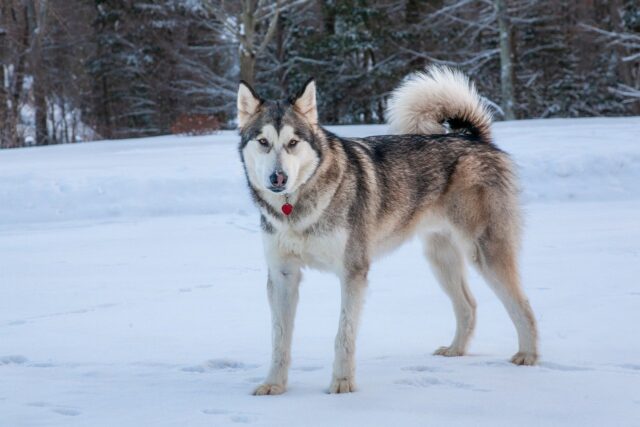
These dog breeds are known for their unique challenges, whether due to their independent nature, high energy levels, or specific health and grooming needs. While each of these breeds has its own distinctive charm and qualities, they require experienced and committed owners who can provide the necessary care and training to ensure a happy and well-adjusted dog. For those willing to invest the time, effort, and understanding needed to manage these challenges, these breeds can offer loyal companionship and deep bonds. However, it is essential to approach ownership of these breeds with realistic expectations and a readiness to meet their specific needs.
 Toledo, United States.
Toledo, United States.